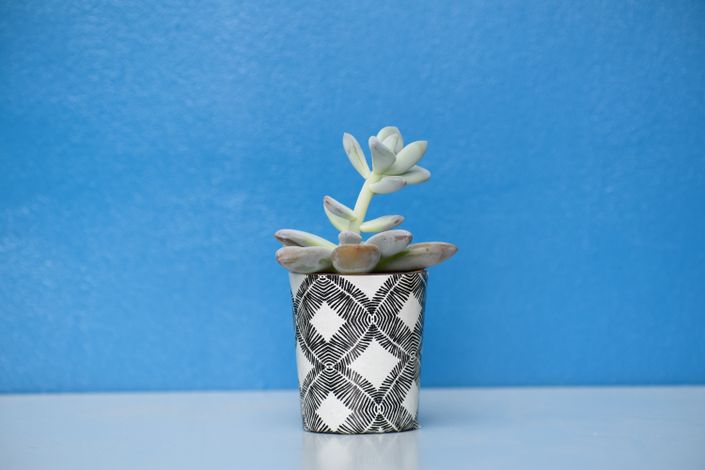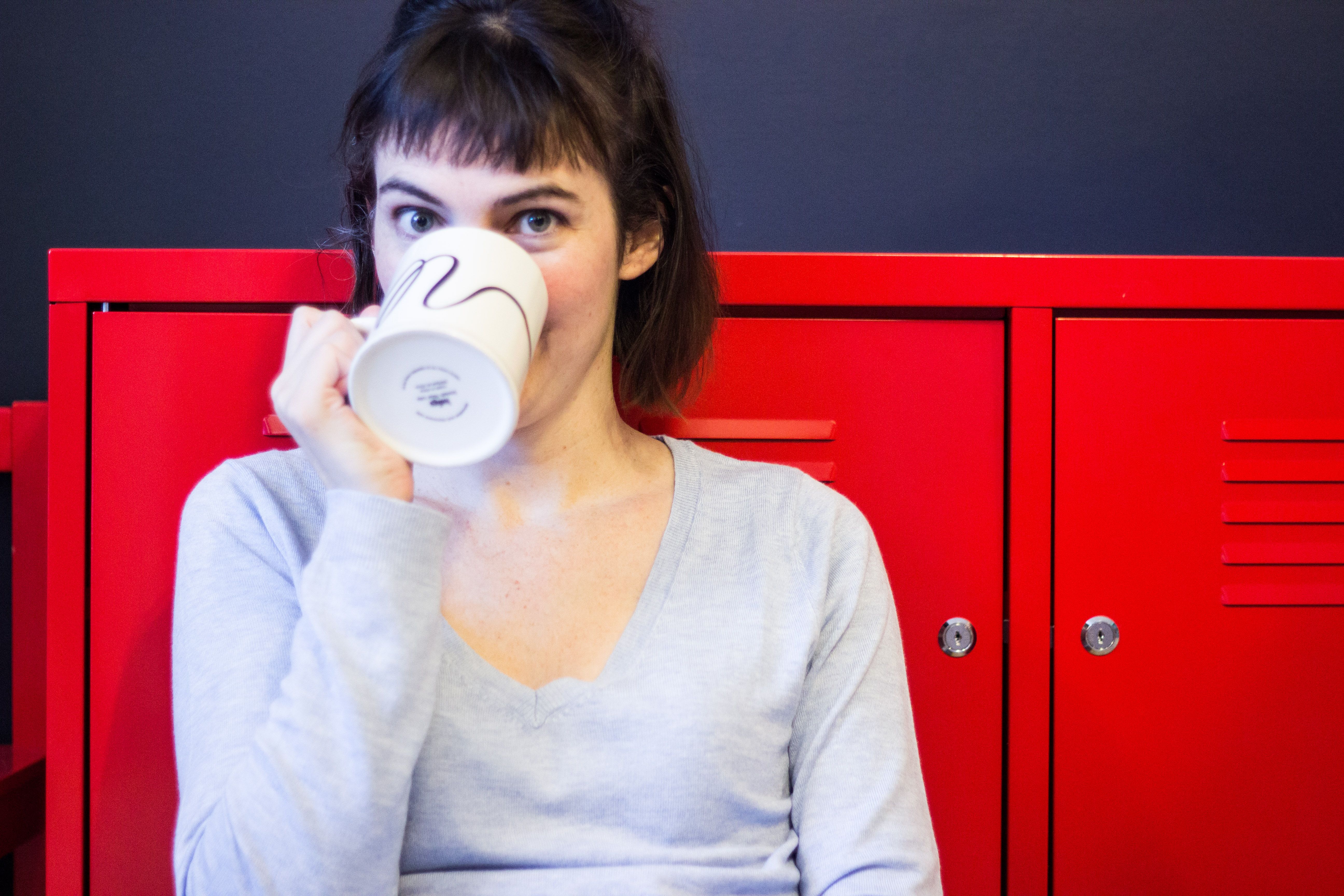
Big-Hearted Boundaries is the online course for caregivers of all kinds who want to bring joy and life energy into their work.
Most of us have been taught that turning toward ourselves is something to feel guilty about. Directly and indirectly, we've been made to feel like the care we give isn't enough. Even though we may be exhausted and on the cusp of burnout, the idea of working on boundaries can feel daunting.
But the good news is, we can adopt some new beliefs about setting boundaries that are much more humanitarian and life-giving. Here's what I believe about boundaries:
- I believe in sustainability - most of us are in this for the long-haul. If we want to keep doing the work we do for others or continue the care we offer, we need to see our needs as important, too.
- I believe in compassion - we need to be kind to ourselves and tend to our own healing just the same as we tend to the needs of others. We don't burn out from caring too much for others, but from caring too little for ourselves.
- I believe in abundance - we can carve out space for ourselves and this won't take anything away from the people we love. In fact, it will add to our capacity.
The world needs a lot of healing, but you're part of this world too. In this course, I'm sharing 8 steps to more sustainable caring.
My commitment through this course is to help you notice where your capacity is so that you can stay within it and keep doing the work you love for years to come. Because boundaries are about so much more than where our "no" is. Boundaries are also about making room to say yes. Yes to what nourishes you, sustains you, and brings you joy. Yes to the things that are most important to you.
Tuning into your boundaries is really about listening to yourself. It's a practice that involves rediscovering a relationship with all parts of you - body, heart, mind, and spirit. It starts with listening to your own inner wisdom, and then honoring it.
This online course is designed for you if you identify as:
- a highly sensitive or empathic person who's trying to balance other people's needs with their own
- a caregiver for a family member or friend who's trying to prevent burnout
- a social change-maker who's invested in their community
- a helping professional who want to practice sustainability in their work
I thought of all the people I've worked with who care for others in their jobs or in their communities (activists, teachers, medical professionals, social workers, and therapists, for example) and how it's often so hard to do that work without burning out. I thought of all the people I know who are performing emotional labor in their most important relationships on a daily basis and who are exhausted from it. I wanted to create a course that could be accessed online and worked through at a pace that was right for each person.
Drawn from years of clinical experience as a Registered Psychologist, I created this course to help challenge the idea that being a good person means everyone else should come before you. This course is a fantastic space to find yourself again, and start living in a way that's more sustainable, authentic, and in line with your values .
In this online course, we'll cover how to:
- Make whole-body decisions that are in line with your values
- Work through guilt about saying no to the people you care about
- Release beliefs about boundaries that are no longer serving you and adopt new ones
- Recognize and recover from burnout
You will also receive two guest interviews with Meg Berryman and Lily Le to help you learn from others doing work on boundaries.

Meg Berryman is a mother, feminist, coach, facilitator and yoga teacher who helps women liberate themselves from socially prescribed ideals + step into sacred, social leadership. She believes that burnout, relationship breakdowns and career crises are portals into deep individual and planetary healing that centers healthy relating, holistic wellness and earth stewardship. She brings together her 10+ years in social change work, her masters degrees in gender and public health and her experience as a yoga teacher, coach and facilitator to create learning experiences for women seeking radical wellbeing, deep connection and an unshakeable sense of purpose. She is a mother of two girls, and lives, learns and works on unceded Dja Dja Wurrung country in Central Victoria, Australia.

Lily Le is a doctoral candidate in counselling psychology and a Registered Provisional Psychologist in Edmonton, Canada. She is interested in promoting healthy relationships and wellbeing in her counselling, activist, and research work. Lily brings a feminist lens to all these spheres. To recharge, Lily enjoys dancing, weightlifting, and hanging out with her dog.
You Will Receive:
- 7x pre-recorded 30 minute training audios (podcast style)
- 2x guest mentor 45 minute interview audios (podcast style)
- journal prompts with optional, adult homework to accompany each module
- 4x downloadable PDF guides, worksheets, or articles to supplement the themes
This course includes all the same material as my 8 week in-person groups. I wanted to make it accessible for those who aren't in Alberta or who are otherwise unable to make it out in person but ready to carve out an hour a week to work on boundaries. It's aimed at anyone in a helping role in their jobs or personal lives who wants to keep their heart open without going under. We start by reconnecting with our bodies and aiming for a more sustainable way of relating to others.
Your Instructor

Nicole Perry is a Registered Psychologist whose approach is collaborative and feminist at its heart. She specializes shame resilience, setting boundaries, and healing trauma. Nicole understands that many of us are coping with overwhelming feelings of guilt and shame that keep us from believing we deserve good things, and works to guide her clients toward a more compassionate way forward. Nicole approaches her healing work with warmth and curiosity, and offers a safe container for working with difficult experiences.
Nicole provides counselling to individuals and groups in addition to her online courses, focused mainly in the LGBTQ* community in Edmonton.
How Can I Get the Most out of This Course?
1. Know What to Expect
In this course I mainly use audio recordings (including two guest
interviews), though I also try to incorporate ideas you could try on
your own, and I include some worksheets and guides, as I understand that
people learn in different ways. If you're curious about the weekly
theme, you can also have a closer look at the outline above. I also
encourage people who don't already know me to have a listen to some of
the
podcast interviews I've recorded over the years or read articles I've written
in order to get a sense of my style and my take on boundaries in order
to make sure that we're a good match. I want you to be happy with the
course and to feel like this is a full body yes!
2. Be Honest with Yourself About What You Need
In terms of an online course, I think it's all too easy to
convince ourselves that we'll fit it in "when we have time". If you're
here because this is important to you, I'm going to suggest finding a
way to specifically set time aside in the same you would for an
in-person course or workshop. If it helps to put it in your calendar for
a certain day and time each week, or make a commitment with a friend to
do it, please do, Know for yourself what would help you the most in
making this commitment to yourself and what will keep you going, even
when other peoples' needs are calling to you.
3. Practice
Making change takes practice, and so when we're working on things like saying no to people we care about, it can take time. I try to give optional adult homework that you can have to work on in between modules, and that way you'll get even more out of the course than just the time you spend listening to the audio. It may be helpful to think about how you can practice, integrate, or reflect on what you've learned after listening to the audio throughout the week. This might be a practice of listening to your body for 10 minutes each day, or a journalling reflection once a week, for example. Some days will be easier than others, of course, but over time you're likely to see more growth and healing by making this commitment. Keep in mind that healing doesn't happen overnight, and have patience with yourself.

